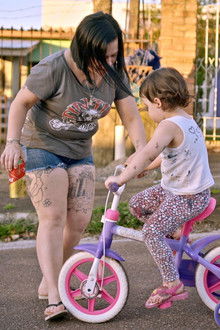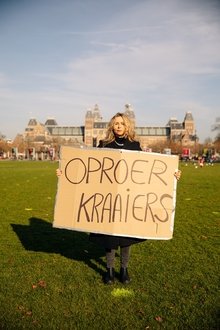The documentary tells the story of Júlio César, a young Afro-Brazilian who was executed by the Police in the 1980s in Porto Alegre. The crime became notorious when the press published photos of Julius being put alive in the police car and arriving 37 minutes later shot and dead at the hospital.
Related Movies
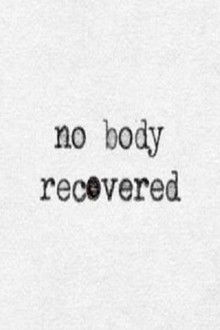
No Body Recovered (2021)
In January 2020, father of three Mike O'Leary disappeared on his way home from work. Police immediately launched a major investigation. But how do you solve a mystery without a body? With exclusive access to the investigation, this documentary follows the detectives as they desperately try to solve a crime that has shaken the close-knit rural community of Carmarthen in West Wales.
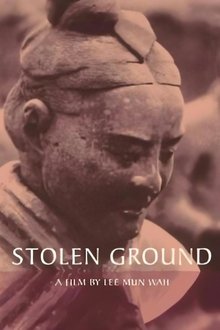
Stolen Ground (1993)
In US society, people of East Asian heritage are often perceived through an obscuring lens of ethnic and cultural stereotypes. In STOLEN GROUND, six Asian-American men talk about their experience of the highly racialized United States, and consider how racism has affected their lives and those of their family members.
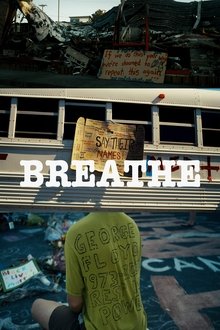
Breathe (NaN)
A documentary filmed from dusk to dawn during the 2020 George Floyd protests in Minneapolis, Minnesota.
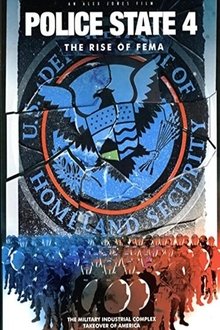
Police State IV: The Rise of FEMA (2010)
POLICE STATE 4 chronicles the sickening depths to which our republic has fallen. Veteran documentary filmmaker Alex Jones conclusively proves the existence of a secret network of FEMA camps, now being expanded nationwide. The military industrial complex is transforming our once free nation into a giant prison camp. A cashless society control grid, constructed in the name of fighting terrorism, was actually built to enslave the American people. Body scanners, sound cannons, citizen spies, staged terror and cameras on every street corner -- it's only the beginning of the New World Order's hellish plan. This film exposes how the "Continuity of Government" program has established an all powerful shadow state. Prepare to enter the secretive world of emergency dictatorship, FEMA camps, and a shredded Constitution.

The Forgotten Battle of Fort Pillow (NaN)
On April 12th, 1864, at an insignificant little fort, several hundred black Union soldiers fought a hopeless battle against a Confederate general who was destined to become the first Grand Wizard of the KKK. This battle had a domino effect, trickling down the long road of history. Today, it is just a footnote in most history books; however, no other event of the Civil War has had such a profound impact on the twentieth century, especially on American culture.
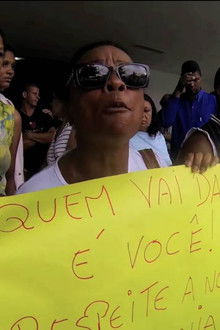
Mater Dolorosa (2014)
On April 26, 2014 Douglas Pereira, a dancer, was killed by the police. The film documents the protests following his death.
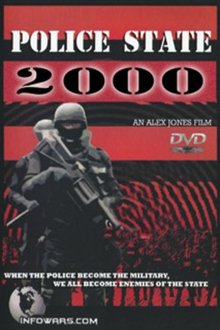
Police State 2000 (1999)
Alex Jones exposes the growing militarization of American law enforcement and the growing relationship between the military and police. Witness US training with foreign troops and learning how to control and contain civilian populations. You will see Special Forces helicopter attacks on South Texas towns, concentration camps, broad unconstitutional police actions, search and seizure and more.

The True Story of the Amityville Murders: From Homicide to Horror (2011)
A docudrama exploring the infamous 1974 mass murder of the DeFeo family by their eldest son and sibling. The case went on to spawn the "Amityville Horror" franchise of the films.
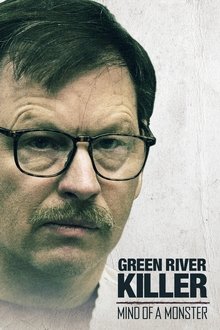
The Green River Killer: Mind of a Monster (2020)
Beginning in the early 1980s, Washington state was gripped with fear as the bodies of young women began appearing along the banks of the Green River. As the number of victims grew, investigators created a taskforce and enlisted the help of the FBI, but it took almost 20 years to finally catch their man. Through startling and chilling tapes and video archive of Gary Ridgway’s police interviews, The Green River Killer: Mind of a Monster reveals, in Ridgway’s own disturbing words, insight into his evil: from how his troubling behavior as a child morphed into his morbid motivation to murder as many women as possible.
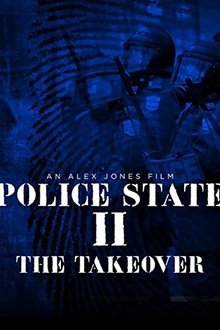
Police State II: The Take Over (2000)
Alex Jones exposes the problem-reaction-solution paradigm being used to terrorize the American people into accepting a highly controlled and oppressive society. From children in public schools being trained to turn in their peers and parents, to the Army and National Guard patrolling our nation's highways, Police State: The Takeover reveals the most threatening developments of Police State control
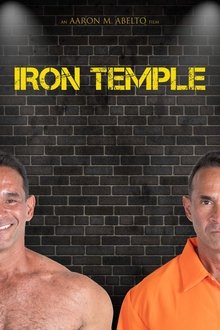
Iron Temple (2021)
IFBB Pro Tony Torres built a lucrative lifestyle which came crashing down after covering for a friend who committed a murder. After being chased by the FBI he was sent to prison for five years. Once he did his time, Tony had to build back his life.
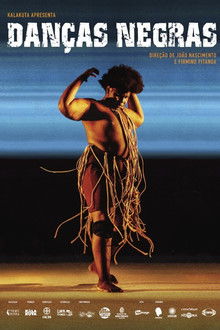
Danças Negras (2021)
A debate about the presence of black culture in Brazilian contemporaneity, as well as the various paradoxes found in the environment of a society marked by a racist and slavery tradition.

Incarceration Nation (2021)
An examination of the connection between relentless government intervention since colonisation to the trauma and disadvantage experiences by Indigenous Australians - the two key drivers of incarceration.
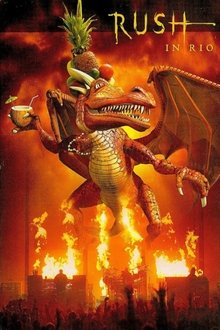
Rush in Rio (2003)
Legendary rock band Rush plays the Maracana Stadium in Rio de Janeiro, Brazil, on the final night of the band's 2002 Vapor Trails tour, in front of 40,000 fans.
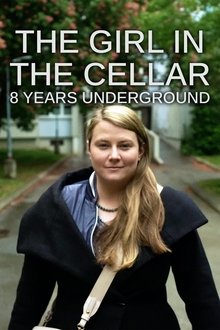
The Girl in the Cellar: 8 Years Underground (2023)
In 1998, Natascha Kampusch was abducted in broad daylight at the age of ten and held hostage in a basement for 3096 days. When she escaped in 2006, she was met with mistrust. Explores her story and how conspiracy theories have impacted her life.

